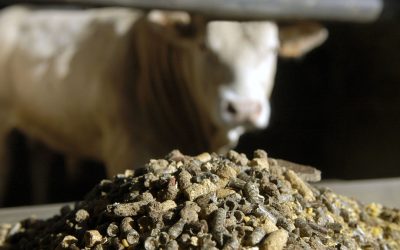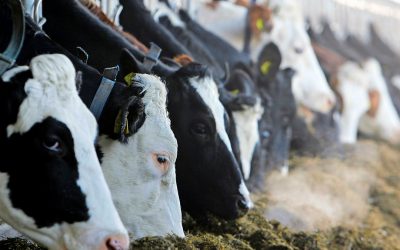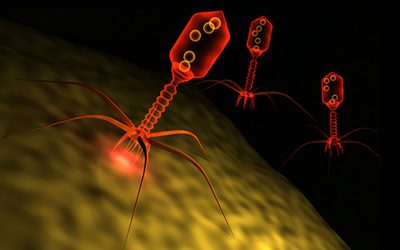3rd Int Fresenius Conference “Feed” – Clear labelling a must-have
No matter if food or feed: the correct use of claims is a complex area. Which statements are legitimate? How can claims be covered? And which (additional) information has to be part of the label? The third International Fresenius Conference “Feed” from 13 to 14 February 2012 in Cologne (Germany) dealt with these and other questions regarding feed production, research and sales.
Karin Bosshammer und Hendrik Ermen (North Rhine Westphalia State Agency for Nature, Environment and Consumer Protection, LANUV NRW, Germany) introduced the most important legal circumstances for the use of feed claims.
Objective, understandable and revisable information on product labels would be necessary for the consumer, the experts pointed out.
The verifiability of products by authorities could thereby only be assured through scientific evidence which proves the effectiveness of the product.
Amongst others, Bosshammer and Ermen mentioned published research findings, expert opinions and test results by independent institutes as sources of acceptable evidence.
Acceptable proof
On the other hand, e.g. affirmations of producers or importers or stakeholder statements would not apply as sufficient proof.
The experts indicated that the absence of acceptable proofs during market entrance would lead to a classification of the product as "misleading" which could entail legal consequences for the producers.
Bosshammer and Ermen emphasized that a substantiated intended misguidance would be in any case punishable.
In addition, claims on packaging promising a preventive, treating or healing effect of the feed would be likewise forbidden.
Just officially authorized nutritional purposes according to Directive 2008/38/EC could be declared, the experts concluded.
Particular nutritional purpose
Between normal feed, drugs and feed with particular nutritional purpose (PARNUT) would be clearly differentiated, Dr. Sabine Kruse (Federal Ministry for Nutrition, Agriculture and Consumer Protection, BMELV, Germany) added.
Therefore, PARNUTs had the label "dietetic properties" as a distinction.
The classification as a PARNUT would require a specific product composition or a specific production method and a provable product benefit for the health of the respective animal, Kruse explained.
In contrast, the declaration of normal effects which are usually recognizable after feed consumption as "dietetic" would be considered as misleading by the authorities and would be therewith illegal.
Kruse highlighted that PARNUTs – unlike normal compound feed- would need a considerable amount of additional information on their labels.
Alongside notes about the intended effect, precise characterizations of the product’s impact and a clear description of its use would be inevitable, the expert closed.
Re-evaluation of feed additives: costly but rewarding
Another topic that causes frequently discussions within the industry is the security of animals, consumers and the environment regarding feed additives.
Andrew Chesson (University of Aberdeen, UK) reported the recent experiences with the re-evaluation of additives initiated by the European Commission.
Taken as a whole, the present procedure would be not just costly for all parties involved, but also very time-consuming for the Commission and for EFSA in particular. More than 1,000 additives are being re-evaluated.
But the proposals have differed a lot in terms of the amount and sort of the data provided by the industry and, in some cases there are multiple applications for the same additive.
Both aspects would lead to an unnecessary delay in the whole evaluation process, Chesson explained.
He pointed out that the re-evaluation would nevertheless be a good investment in the industry’s future, because the process would not just simplify later authorizations, but would also intensify the consumer’s trust in the market.
The complete Fresenius conference documentation including scripts from all the presentations can be purchased at the Akademie Fresenius for 295,00 € (plus VAT), mail to: mstratmann@akademie-fresenius.de











